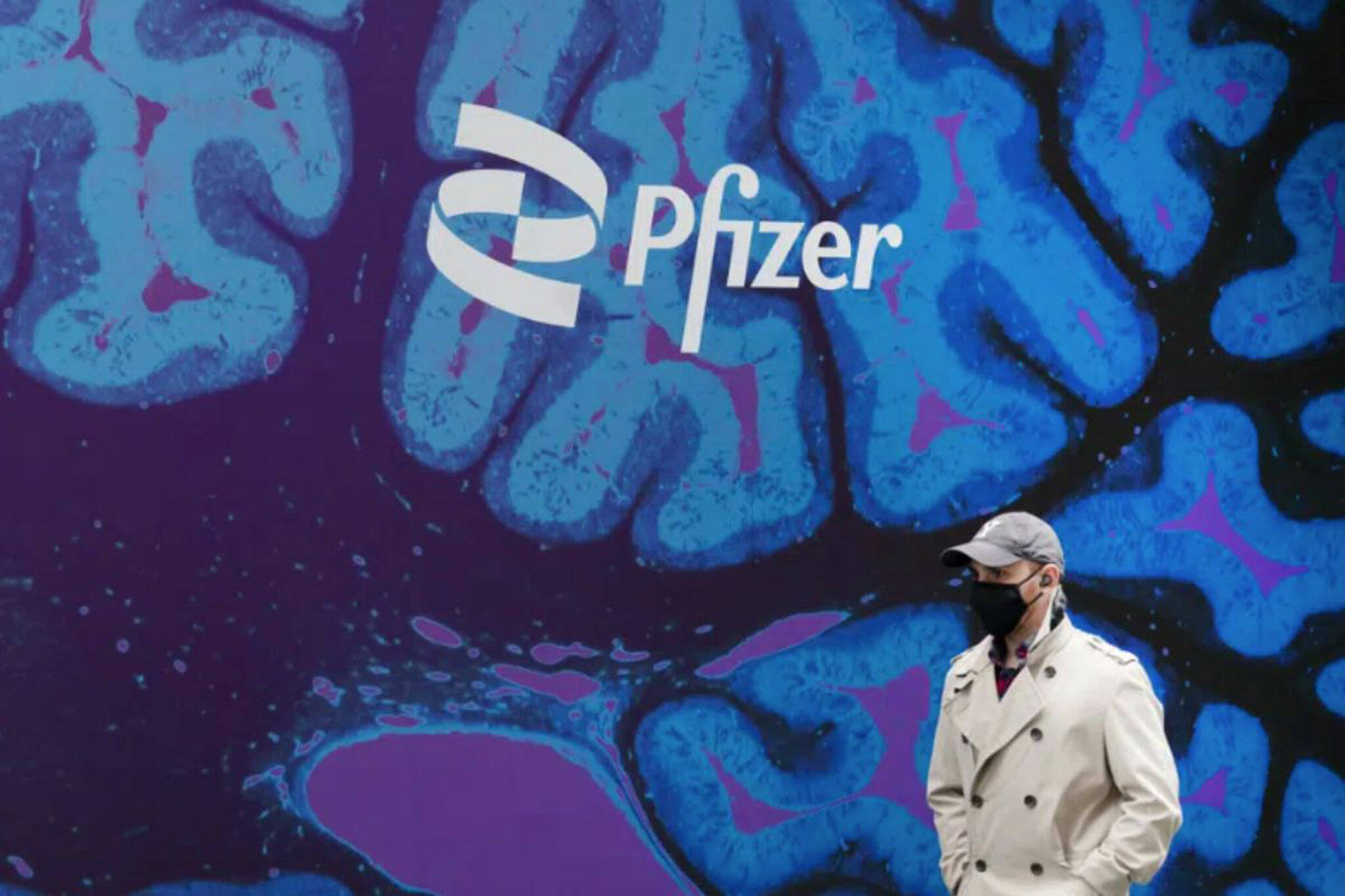BOTHELL — The world’s largest pharmaceutical company, Pfizer, plans to acquire Seagen, the Bothell-based biotech company, for $43 billion.
The boards of directors at both companies approved the merger, which was announced Monday.
The New York City-based pharmaceutical giant will acquire Seagen for $229 per share in an all-cash deal.
Pfizer said it plans to finance the purchase through $31 billion of new, long-term debt, and a combination of short-term financing and existing cash. The deal is expected to close late this year or early next year, subject to several conditions, including approval of Seagen’s stockholders and regulatory approval.
Last year, Seagen reported $1.6 billion in revenue and a market capitalization of more than $26 billion.
Seagen’s drug development is focused on developing cancer-fighting drugs. The therapies it has developed are used to treat Hodgkin’s lymphoma and bladder, breast and cervical cancers.
The company was co-founded in 1997 by Clay Siegall, who served as CEO until earlier this year. Siegall resigned his post in May amid allegations that he had assaulted his now ex-wife. He denied the allegations. Siegall did not face charges related to the April arrest at his Edmonds-area home after the city prosecutor cited “evidentiary reasons.”
In recent years, Siegall was one of the highest paid CEOs in Washington, earning $19 million in salary and compensation in 2021, according to documents filed with the U.S. Security and Exchange Commission.
The acquisition will help bolster Pfizer’s cancer-fighting efforts.
“Pfizer is deploying its financial resources to advance the battle against cancer, a leading cause of death worldwide with a significant impact on public health,” said Dr. Albert Bourla, Pfizer chairman and chief executive officer, in a company statement.
“Together, Pfizer and Seagen seek to accelerate the next generation of cancer breakthroughs and bring new solutions to patients by combining the power of Seagen’s antibody-drug conjugate technology with the scale and strength of Pfizer’s capabilities and expertise,” Bourla said. “Oncology continues to be the largest growth driver in global medicine, and this acquisition will enhance Pfizer’s position in this important space and contribute meaningfully to the achievement of Pfizer’s near- and long-term financial goals.”
Pfizer currently has 24 approved cancer medicines, including therapies for breast cancer and prostate cancer.
By acquiring Seagen, Pfizer said it expects to double the number of early-stage cancer fighting drugs it’s developing.
“Pfizer shares our steadfast commitment to patients, and this combination is a testament to the passion, dedication and talent of the Seagen team to achieve our mission to discover, develop, and commercialize transformative cancer medicines that make a meaningful difference in people’s lives,” Seagen CEO David Epstein said in a statement.
“The proposed combination with Pfizer is the right next step for Seagen to further its strategy, and this compelling transaction will deliver significant and immediate value to our stockholders and provide new opportunities for our colleagues as part of a larger science-driven, patient-centric, global company,” Epstein said.
Seagen also has locations in California, Canada, Switzerland and the European Union.
Worldwide, it employs more than 2,800 people, including more than 1,600 in the Pacific Northwest.
Earlier this year, Seagen said it plans to build a new Everett manufacturing facility on a 20-acre site near Paine Field that will produce medicines for clinical trials and the commercial market. The company signed a 20-year lease for the property at 215 Shuksan Way in 2021, according to documents filed with the SEC. Seagen has said it expects to open the 270,000-square-foot location in 2024 and employ up to 200 workers. Construction of the Everett facility is expected to proceed.
Pfizer said Monday it intends to maintain Seagen’s sites —including its manufacturing sites — in the Puget Sound area, a Seagen spokesperson wrote in an email to The Daily Herald.
Epstein was appointed CEO and board member in December.
In 2017, the company bought a manufacturing facility in the North Creek area that was previously owned by Bristol Myers Squibb.
A year later, the firm acquired Cascadian Therapeutics, a Seattle-based company that was developing a drug to treat breast cancer.
In 2020, the company changed its name from Seattle Genetics to Seagen.
Janice Podsada: 425-339-3097; jpodsada@heraldnet.com;
Talk to us
> Give us your news tips.
> Send us a letter to the editor.
> More Herald contact information.

























